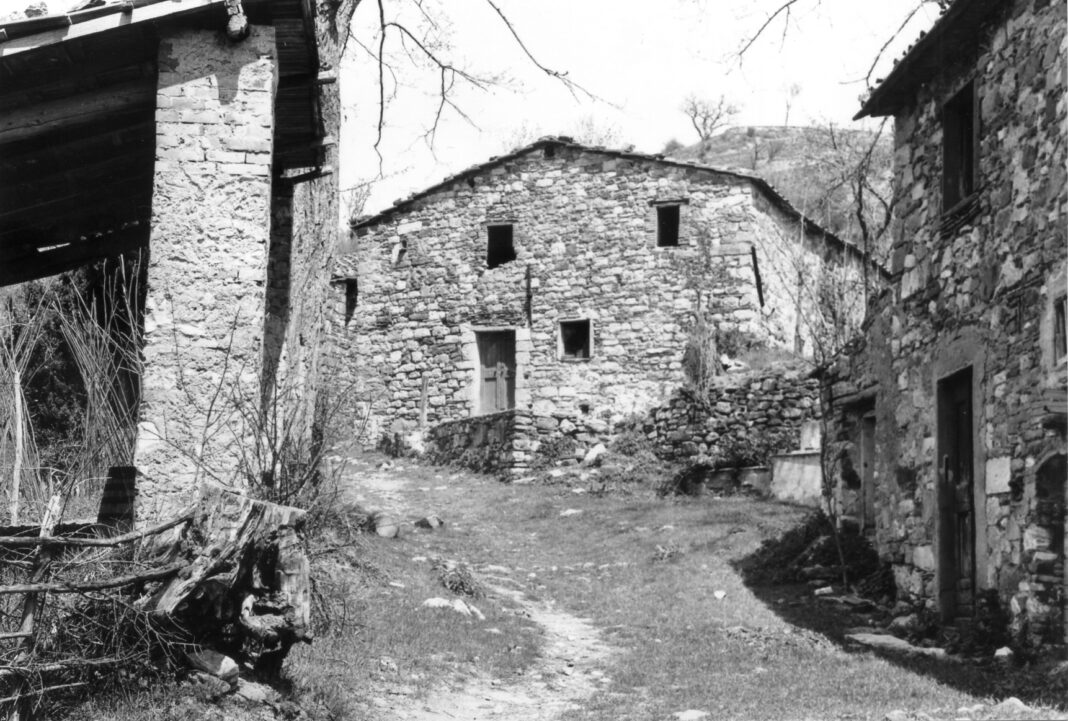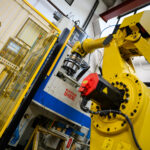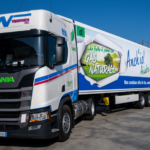Founded in 2004 by engineer Antonio Lombardi, Bono S.r.l. is a dynamic and innovative engineering company that has succeeded in establishing its leadership throughout Italy thanks to its ability to coordinate and manage complex projects and its high-level integrated and multidisciplinary design skills. Its areas of intervention also include the redevelopment of entire abandoned or degraded historic Italian villages that can finally be given a new lease of life, as the founder of this all-Italian excellence that is now aiming to conquer foreign markets as well, states in this lengthy interview.
by Roberta Imbimbo
Mr Lombardi, with what mission was Bono S.r.l. born?
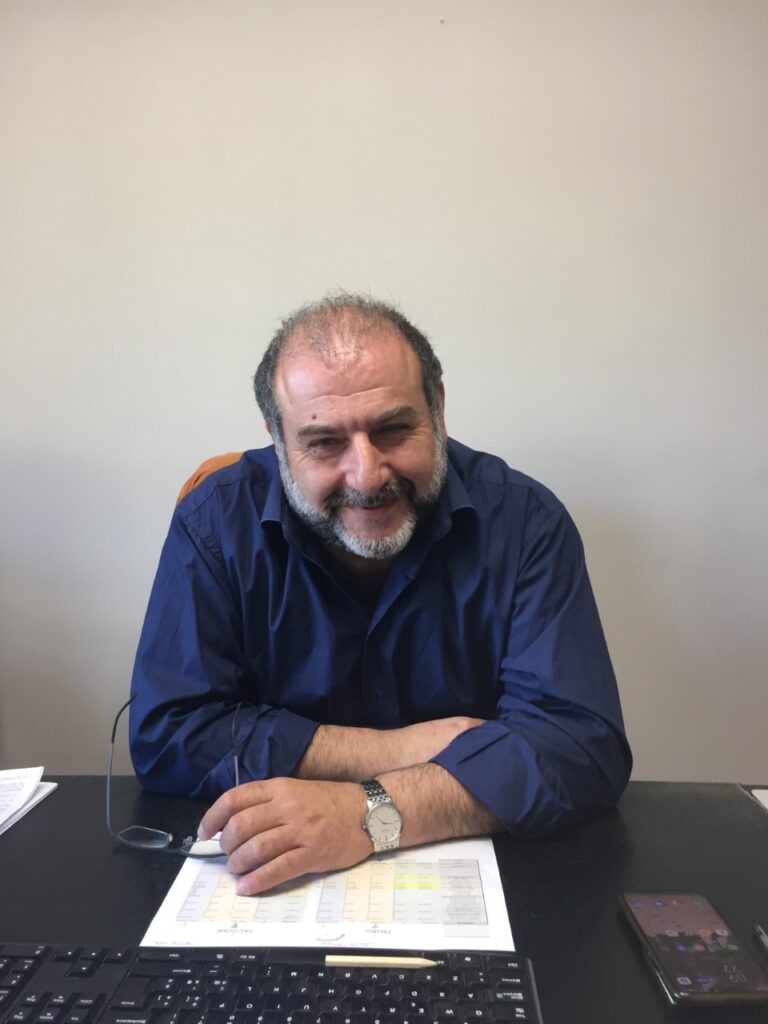
Bono S.r.l. was established in 2004 with the aim of becoming an important reference point in the field of integrated and multidisciplinary design in the public and private sectors. Thanks to an innovative vision, which over time has proved to be rewarding, the company experienced exponential growth in its first years of life, coming to manage an important part of the redevelopment of Italy’s private real estate assets. In 2010, following the entry of a new partner in the corporate structure – a professional with strong know-how in the field of energy – the company expanded its core business to other strategic activities, successfully entering a hitherto unexplored market segment, namely the design and construction of renewable energy production plants, intended for both the private and public markets (to make PA facilities more efficient). This diversification strategy, carried out without ever neglecting the original core business, has allowed it to gain a competitive advantage over other competitors and consequently to maintain a constant and growing volume of work over time in all the market segments served.
More specifically, what peculiarities distinguish you from your competitors?
The company and its management have always distinguished themselves by identifying areas of intervention that are innovative and/or in any case ahead of competitor companies. This is due to the multidisciplinary skills it has always been able to draw on and which allow it to delineate the reference context for its activities in all its aspects and implications and needs (cultural, social, economic, ‘comfort’ ). Despite being a highly competitive market, dominated by a few well-structured players, Bono has been able to consolidate its position and increase its customer base year after year, on the strength of more than 20 years’ experience in such a complex sector and a team of 30 highly qualified and motivated professionals (human capital is very important to us and we therefore invest heavily in our human resources). Its real added value lies in its ability to provide turnkey solutions, taking care of every stage of the work, from the technical-economic feasibility study to the final, executive and construction design, including activities such as works management, safety coordination, consulting in the technical management of the job order, and testing of the works. In short, Bono is a qualified and reliable partner capable of managing the entire process leading to the realisation of even complex works in both the public and private sectors.
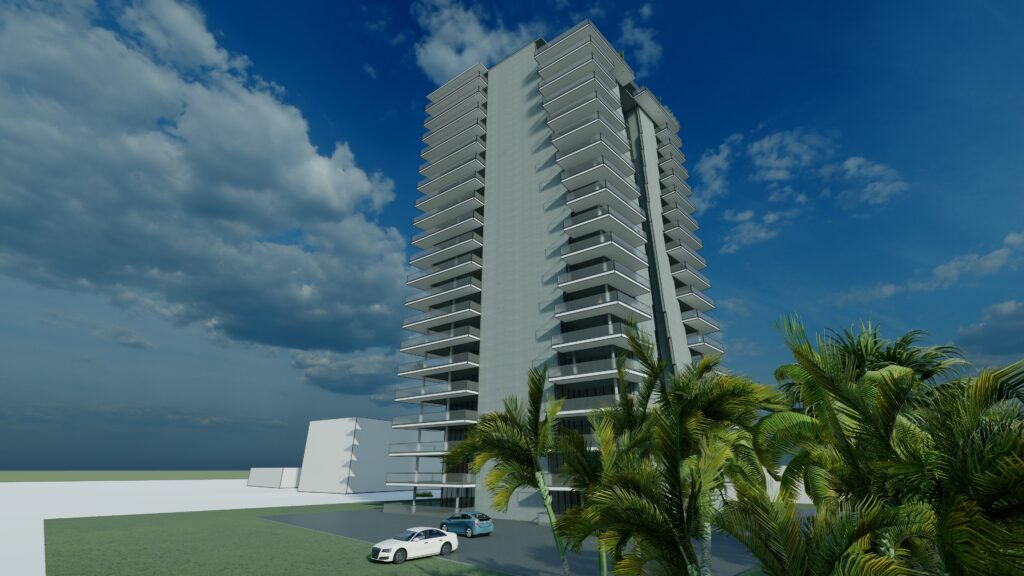
How important is the topic of environmental sustainability to you?
Very much! We have always made corporate social, environmental and economic responsibility our main ethical value. Thanks to our decision to harmonise economic growth objectives with social and environmental policies – thus combining innovation, productivity, competitiveness and respect for the environment – over the years we have managed to become an important reference point for the entire sector, which can make a big difference globally by creating increasingly energy-efficient infrastructures. In every project we design and build, we therefore place great emphasis on both environmental sustainability and decarbonisation for the most sustainable and efficient redevelopment of territories.
In the last year and a half, you have paid great attention to the theme of redevelopment of historic Italian villages. Can you tell us about it?
Since the beginning of 2021, we have focused a great deal on the redevelopment of Italy’s historic villages, which represent an invaluable resource and enormous investment potential. Our challenge today is therefore to redevelop, regenerate and revalue as many desolate, run-down or abandoned villages in Italy as possible, to make urban spaces more beautiful and liveable without further land consumption, and consequently to stimulate the productive fabric of degraded territories, to which we can give new life, new goals, both economic and social. Thanks to the interest of institutions in such ambitious projects, in all these years we have managed to regenerate villages of a certain importance throughout the country. For example, the Borgo di Cantagallo in Tuscany, which was practically destroyed over time. At the end of the works – which will presumably end next year – it will become one of the first hospices in Italy and Europe dedicated to the care of people’s bodies and spirits. Another important project in which we are involved at the forefront is the regeneration of an abandoned historical village in the province of Salerno; thanks also to the collaboration of prestigious partners, we have invested significant resources in the redevelopment of the local building and infrastructure heritage, so as to make it more attractive to the entire community, which is the first recipient of the renovated places. Today, thanks to the 2019-2024 Green New Deal Fund, Italy has about EUR 4.6 billion at its disposal “to implement economically sustainable projects aimed at decarbonising the economy, the circular economy, urban regeneration, sustainable tourism, and investment programmes and projects of an innovative and highly environmentally sustainable nature”. The possibilities for intervention are therefore many and it is our priority objective to always be at the forefront of these new and exciting challenges, always having at heart the environmental and social innovation of the territories.
For more info (https://www.bonoingegneria.it)










































